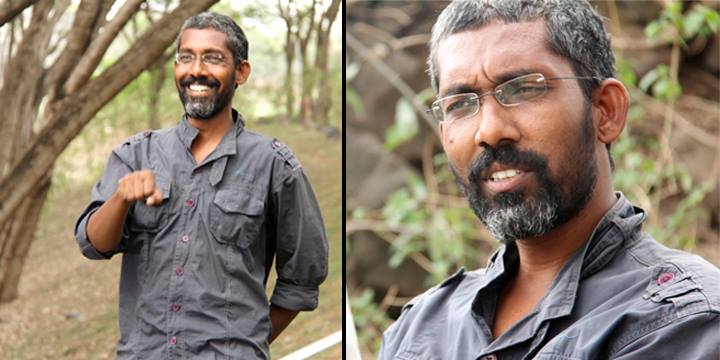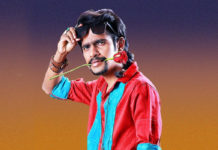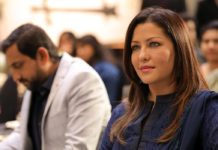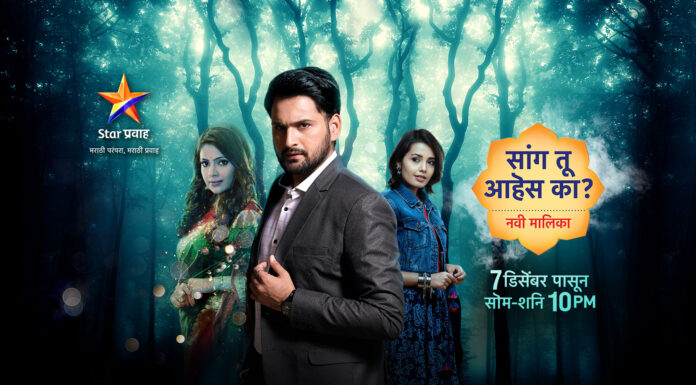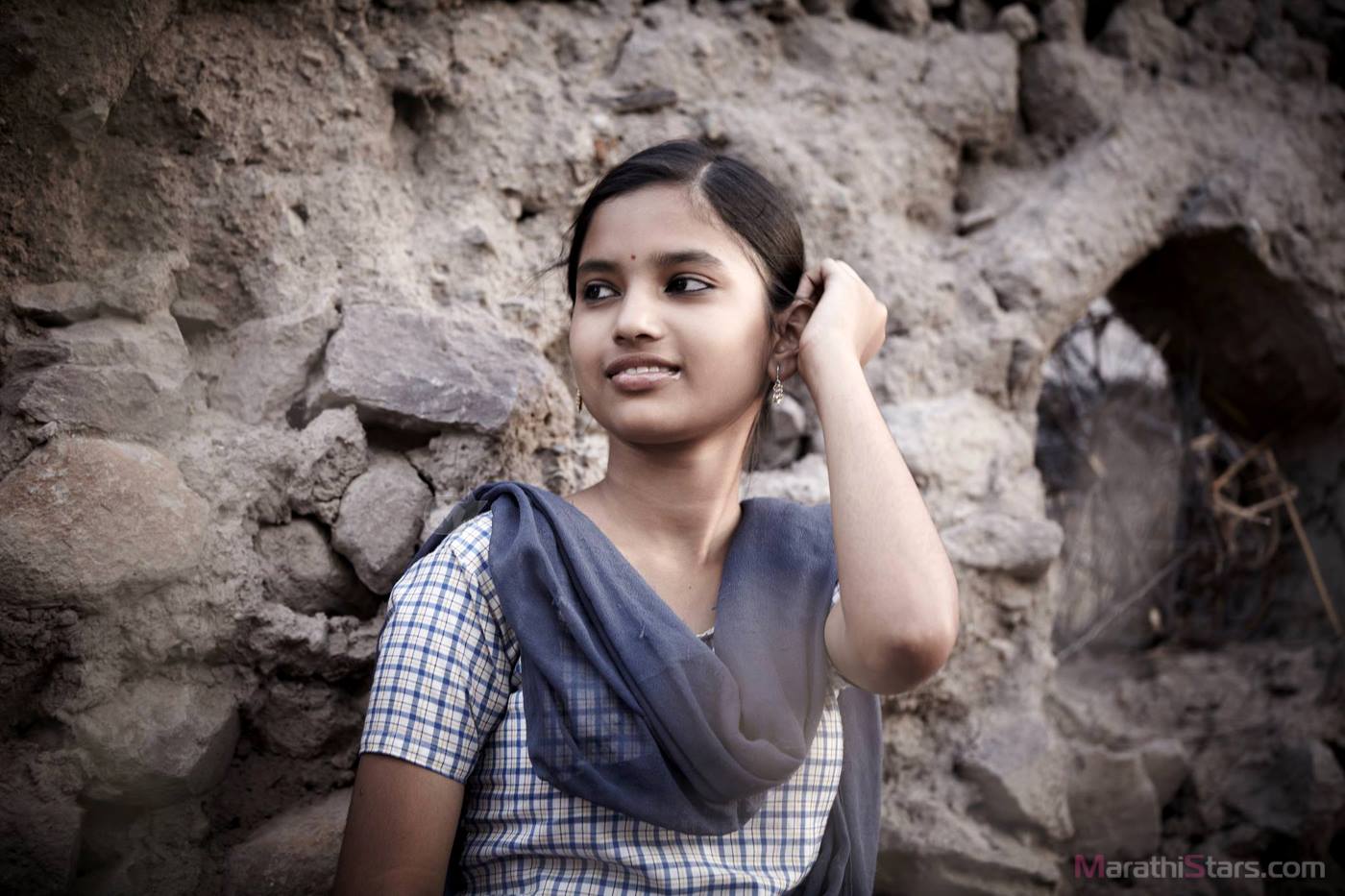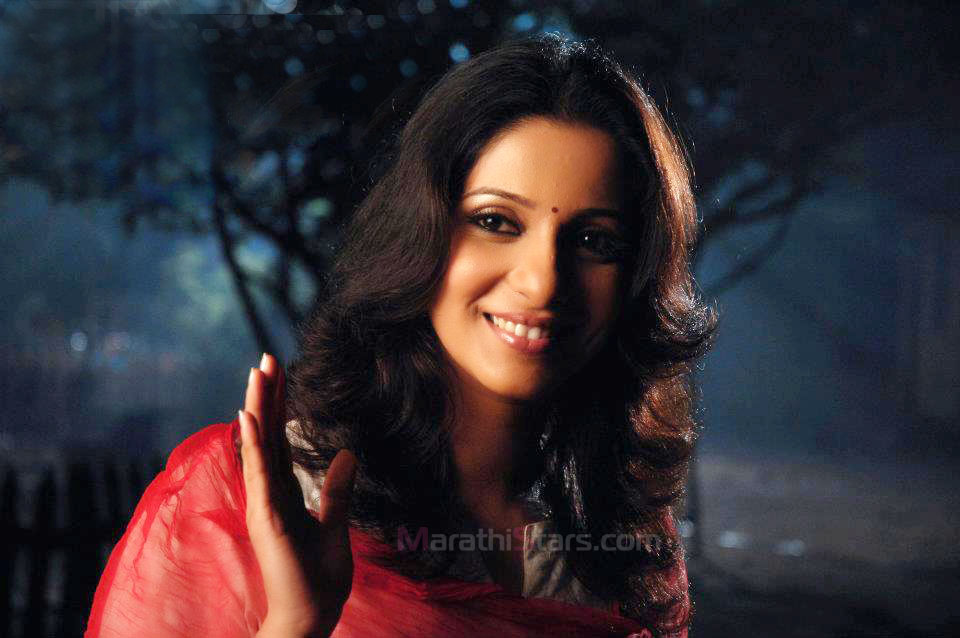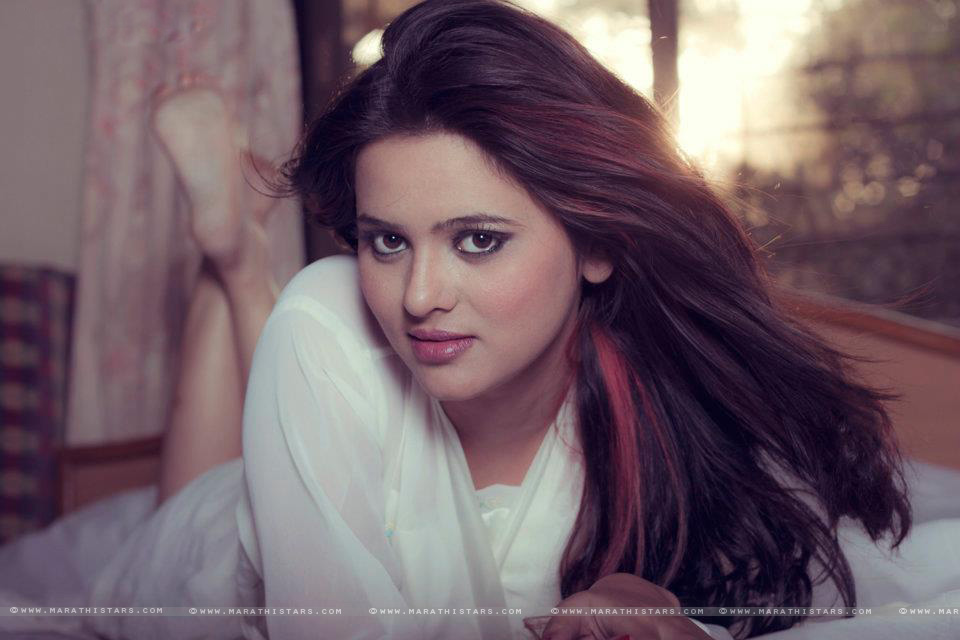Debutante director Nagraj Manjule’s Marathi movie ‘Fandry‘ won the Jury Grand Prize for the 2nd best film in International Competition at the 15th edition of Mumbai Film Festival in Mumbai. The film won a Silver Gateway Trophy and a cash prize of Rs 25 lacs. The much talked about ‘Fandry‘ ran to a packed house with thunderous applause and whistles at its screening in MAMI Festival. After receiving the award and huge applauds from international directors, Nagraj Manjule avers, “I had not expected such an overwhelming response for the film.”
Nagraj Manjule is a person who has used his limitations as his strength in ‘Fandry’. Just like his short film ‘Pistulya’ which won a National Award in 2011. He has presented a glimpse of life in a caste ridden rural India in ‘Fandry’ with rawness and much simplicity. It was the only Indian film in the International Competition at the MAMI Film festival this year. Present herewith is the intertive session with the illustrious director.
You wanted to adapt ‘Pistulya’ into a feature film. Then how did ‘Fandry’ happen?
After I won the National award, my friends encouraged me to tell a new story from my bank of story ideas. They advised me to not rush with ‘Pistulya’ and tell a new story instead. So one day while I was taking a walk with friends, I narrated the story of ‘Fandry‘ to them. They liked it and so I went ahead and wrote the script. I completed it within one month and started meeting producers with the project. I wanted to shoot it over the summer which was only a few months away. Finally Navlakha Arts and Holy Basil were ready to begin the shoot in May and after completing this project I handed it over to Essel Vision Productions.
So tell us what is ‘Fandry’ all about in a nutshell?
My debut feature film ‘Fandry‘ throws light on the caste system that is existent in India through the story of a lower caste boy and his quest to win the love of an upper caste girl.
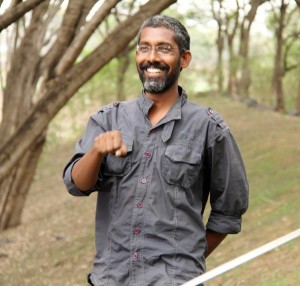
Why did you want to shoot it only in the summer?
I really wanted to shoot ‘Fandry‘ only in summer as I wanted to show the real landscape of the village. Once it starts raining, the village dons a green cover for a couple of months which is not it’s real nature. I had already finalized locations with my national award prize money. So once I found a producer, we did pre-production for 20 days and started shooting.
The protagonist in your film, Jabya, and his love interest Shalu are non – actors. Wasn’t it a risk for you to choose to work with them?
I like working with non-actors. There is certain purity about them. Actors are waiting to be unleashed the moment you say Action where as non-actors want to live their characters throughout the process of the film. This was the 1st time I was directing a senior actor like Kishor Kadam (who plays Jabya’s father). I had to ask him to tone down his performance and speak like we do in our day – to – day lives by playing with the syntax and grammar of Marathi. We don’t speak grammatically correct sentences all the time. We fumble for the right words. He got what I meant and asked me to interrupt him whenever I felt he was ‘acting’. Morever, I believe that talent doesn’t belong to a particular city of a particular class of people. I want to discover talents in hidden corners of the country. I want to work with real people; my family & my friends. The antagonist in ‘Fandry’ is my brother while Jabya’s best friend is played by Suraj who was the protagonist in ‘Pistulya’.
It was a real surprise to see you act in the film.
Well, even my mother was there in the film. I acted in ‘Pistulya‘ as well. As a kid, I was waiting that somebody would come to my village and discover me as an actor. I would have liked it. I auditioned several people for the character I played eventually. But I couldn’t find an actor who could play it without being melodramatic. So my producers insisted that I play the character after watching me explain the role to the actors.
Were you ever worried about the commercial possibilities of this film?
I don’t worry about practicalities. I knew I was making an entertaining film. Entertainment doesn’t mean only jokes or fun. To engage people through emotions, to make them cry is also an entertainment.
‘Fandry’ had its world premiere at BFI London Film Festival. What was the reaction from international audiences?
There was a Bengali family in the audience. After the screening, the women walked up to me and said that it wasn’t possible for dalits (lower caste) to earn respect in India. They became very emotional. I guessed they were dalits themselves and were speaking from their personal experiences.
Well, it’s easier to affect people by making issue based underdog stories?
I am not an activist. It’s true that I have an anger, resentment…but I have not been able to figure out who should this anger be directed at. There are good and bad people in every caste. So I don’t try to take a stand in my films. It’s just that I was born and grew up with these stories in my head. Caste and identity are inseparable in India. The moment you ask somebody their name, you start guessing their caste. My village & my caste are integral to my identity. Casteism is still prevalent in India and it is very “unfortunate”. There is clear rural & urban divide in India and casteism still continues. People often ask your last name and then they define your caste. Once they get to know about you, their behavior changes automatically. I feel the more personal a film is, the more realistic it is.”
What does this film means to you…an idea, a film or a painting?
It is not just an idea, its not just a film… its reality….it is my life…. I born with this idea and lived with it. Many times I tried to get the answers but I never got those so I tried to find it through this film.

